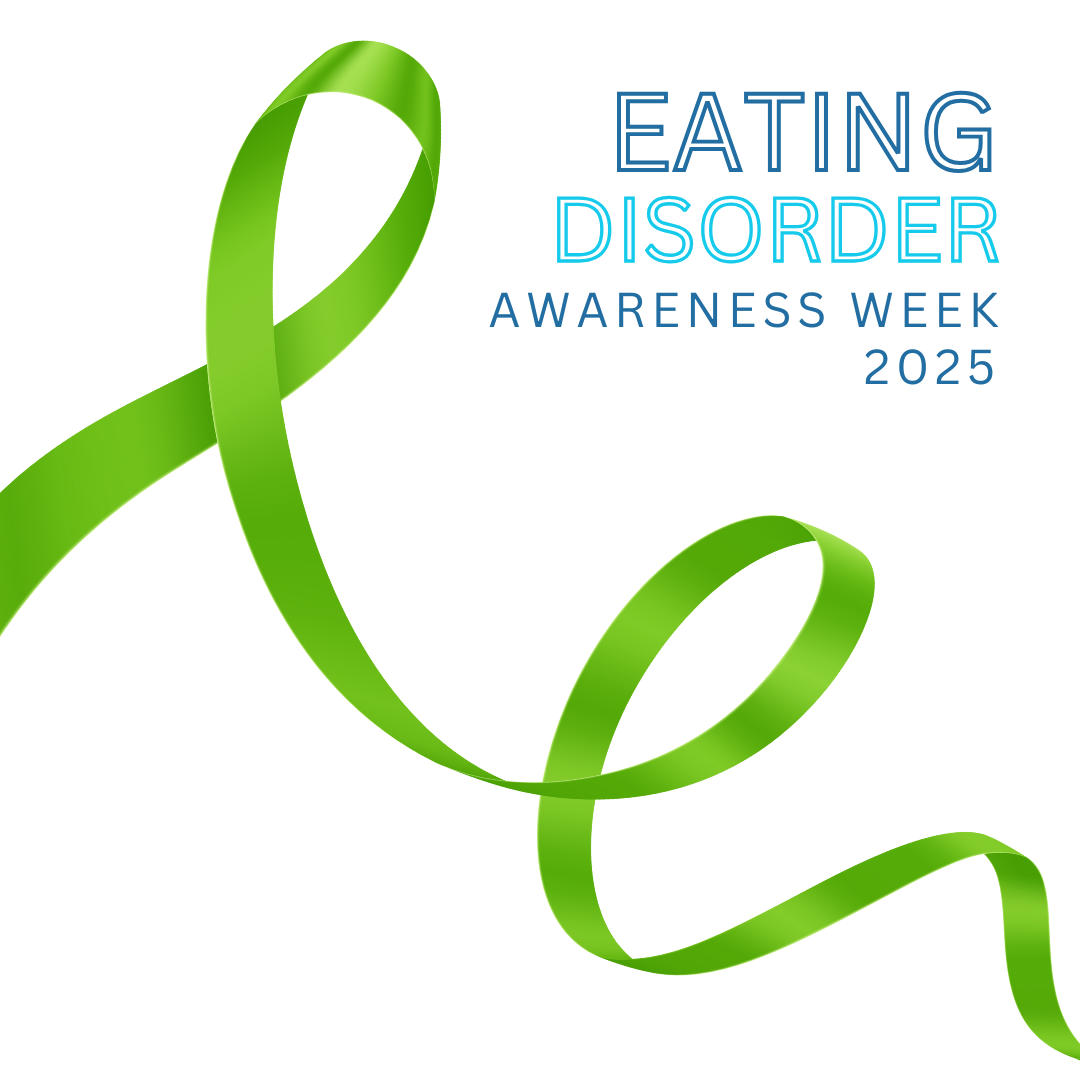
EATING DISORDER RECOVERY
BLOG
FIND WHAT YOU NEED

Eating Disorder Awareness: Unveiling Misconceptions About Eating Disorders
As Eating Disorder Awareness Week comes to a close, it’s important to challenge the misconceptions that surround these complex conditions. Eating disorders are not just about food or appearance—they are deeply rooted in mental health, trauma, and biology. These conditions can affect anyone, regardless of age, gender, or body type, and recovery is possible with the right support and treatment. By debunking these myths, we can foster a more compassionate, informed approach to understanding and supporting those who are struggling.

How to Find an Eating Disorder Treatment Specialist: A Comprehensive Guide to Finding the Right Professional for You
Finding the Right Eating Disorder Treatment Specialist: A Guide to Recovery
If you or someone you know is struggling with an eating disorder, such as anorexia nervosa, bulimia nervosa, or binge eating disorder, finding the right treatment is crucial for recovery. Eating disorders are complex mental health conditions that require specialized care from experienced professionals. Evidence-based treatments like Cognitive Behavioral Therapy (CBT-E), Dialectical Behavior Therapy (DBT), Family-Based Therapy (FBT), and Interpersonal Therapy (IPT) are proven to help in recovery.
Why it’s Important to Choose the Right Specialist
Eating disorders affect both physical and mental health. An experienced specialist can address underlying emotional, psychological, and behavioral patterns to support long-term recovery.
Step 1: Understand Effective Treatments
Explore therapies like CBT-E, DBT, and FBT, all of which are evidence-based and effective for treating eating disorders.
Step 2: Find Qualified Specialists
Use specialized directories such as the National Eating Disorders Association (NEDA) and Psychology Today to find experienced eating disorder treatment providers. Your healthcare provider can also offer referrals.
Step 3: Evaluate the Specialist’s Approach
Look for individualized, holistic treatment plans that address both mental and physical health. Ensure that the specialist’s approach is structured and focuses on progress.
Step 4: Assess the Fit
Comfort and trust are essential in therapy. Choose a specialist who demonstrates empathy, non-judgment, and clear communication.
Step 5: Monitor Progress
Recovery is a journey. Regular assessments and adjustments to the treatment plan will ensure continued progress.
Choosing the right eating disorder treatment specialist is an empowering step toward healing. Recovery is possible, and the right professional can help you or your loved one develop a healthier relationship with food and body image.

Why Diets don’t Work: The Evidence
The promise of a quick fix through dieting is tempting, but does it actually work? Science says no. Most diets don’t work in the long run, leaving people caught in a frustrating cycle of weight loss and regain. Why? From biological survival mechanisms to the flaws of diet culture itself, the evidence is clear: dieting isn't the answer. Discover why the system is broken—and explore a healthier, more sustainable path to well-being.

Body Weight Set Point: When the Shoe Fits…
The "shoe size analogy" is an illustrative concept used to help individuals understand that just as our feet have a unique, natural size, so too does our body have a weight range that is healthy and natural for us. This analogy can be especially helpful in eating disorder recovery, body image struggles, and the fight against societal pressure to conform to unrealistic beauty standards.

Depression and Eating Disorders: A Guide to Recovery
Depression and eating disorders often exist together, creating a complex web of emotional and psychological distress. Understanding the connection between depression and eating disorders is central to carving out a path to recovery.

Early Change and Favorable Outcomes in Eating Disorder Treatment
Evidence over the last 20 years reinforces that early change to eating disorder treatment is a “robust” predictor of a good outcome.
Why Focus on Values, Not Goals, in the New Year
As you read this blog post, we hope that you come to see values as more inherently motivating and gratifying than goals.
Eating Disorders During COVID: Patient Strengths and Resilience
Research points to silver linings of life for people with eating disorders during COVID, improving both their strengths and resilience.
Eating Disorder Prevalence During COVID
More than a year and a half out, a number of studies indicate an increased eating disorder prevalence during COVID.
Gastrointestinal Issues and Eating Disorder Treatment
Eating disorder patients often experience gastrointestinal (GI) issues, which can make the process of recovery all the more challenging.
